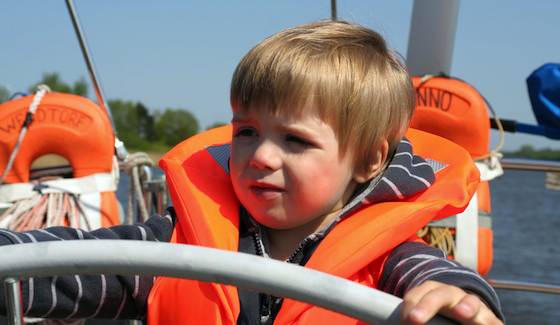- MENU
- HOME
- SEARCH
- WORLD
- MAIN
- AFRICA
- ASIA
- BALKANS
- EUROPE
- LATIN AMERICA
- MIDDLE EAST
- United Kingdom
- United States
- Argentina
- Australia
- Austria
- Benelux
- Brazil
- Canada
- China
- France
- Germany
- Greece
- Hungary
- India
- Indonesia
- Ireland
- Israel
- Italy
- Japan
- Korea
- Mexico
- New Zealand
- Pakistan
- Philippines
- Poland
- Russia
- South Africa
- Spain
- Taiwan
- Turkey
- USA
- BUSINESS
- WEALTH
- STOCKS
- TECH
- HEALTH
- LIFESTYLE
- ENTERTAINMENT
- SPORTS
- RSS
- iHaveNet.com: Health
Sue Hubbard, M.D.

During the summer travel season, I get many calls from parents about children who suffer from motion sickness. These pleas for help bring back memories of my own children and episodes of throwing up in many different locales. Hopefully, you'll be better prepared than I was when we headed out in the minivan.
In addition to "car sickness," kids get sick on airplanes and boats, too. It seems that about 58 percent of children ages of 4 to 10 experience symptoms of motion sickness.
Younger children are also affected, but may not be able to verbalize the sensations of motion sickness. It seems to be due to an increased sensitivity to the brain's response to motions. The brain receives signals from the motion-sensing parts of the body (the eyes, the inner ear, and the nerves in the extremities), and in most situations all three areas respond to any motion. When the signals the brain sends and receives are in conflict, (typically between the ear which senses movement, while the eye does not), symptoms of motion sickness occur.
The signs of motion sickness usually start with a slight feeling of queasiness. You may hear the dreaded words, "I have a stomachache" coming from the back seat of the car. In some cases, children can be sick before you even reach the highway.
The initial nausea is followed by a cold sweat, fatigue and loss of appetite. A younger, non-verbal child may just become restless, pale, sweaty and cry. At some point, these symptoms are usually followed by vomiting. By then, you have figured it out!
The best treatment for motion sickness is like many things: prevention! If you've already experienced motion sickness with your child, plan ahead for trips. If your child is over the age of two, place them in their car seat in the middle of the back seat and face them forward.
Provide a small nutritious snack prior to a trip rather than a big meal, and avoid dairy products (there's nothing worse, I can assure you from personal experience).
Open the windows to provide fresh air. Don' let your child play video games or read while the car is in motion, Try to distract them by singing or talking. Sleeping may also be helpful, so at times plan your trip around naps and bedtime.
Frequent stops for a child who's feeling sick are a necessity. Letting them lie flat for a few minutes while the car is stopped. Applying a cool rag may make them feel better. Try small sips of carbonated beverages or crackers to help ease nausea.
Some children who have a tendency to get sick may do well if they're pre-medicated for a trip with either Dramamine or Benadryl. Although these meds typically cause drowsiness, some children have the opposite reaction and become agitated. You might want to try both prior to a long trip. Check with your doctor about dosages.
Lastly, be prepared and have zip lock bags and hand wipes available in case of emergency. This will make everyone in the car a little happier!
Dr. Sue Hubbard is a nationally known pediatrician and co-host of "The Kid's Doctor" radio show.
Available at Amazon.com:
Copyright © KIDSDR.COM DISTRIBUTED BY TRIBUNE MEDIA SERVICES, INC.
AGING | ALTERNATIVE | AILMENTS | DRUGS | FITNESS | GENETICS | CHILDREN'S | MEN'S | WOMEN'S
Health - Be Ready to Deal With Motion Sickness Before You Travel